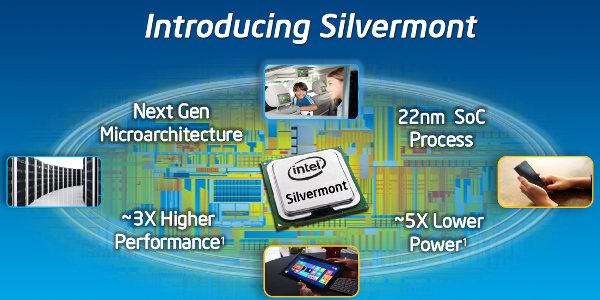
Most of the smartphones and tablets in the market are running on ARM-based processors such as those from Qualcomm and Samsung, especially the Android systems, Intel is making big steps to try and break into the mobile market. One of the most major of which is their new Atom microarcitecture called Silvermont. While there are already a number of Intel powered smartphones and tablets (Lenovo K900, Asus FonePad, etc.), they hardly compare to the hordes of ARM based smartphones and tablets already in and coming to the market. ARM is already coming out with a number of new processors targeting both the midrange and the high performance markets so there is a lot riding on the success of Intel's Silvermont.
According to Intel, Silvermont uses a 22nm process, in line with Intel's new Haswell chips. As typical of Atom chips it offers even better energy efficiency, about 5x more than current Atom processors. What makes it different is that it has been rebuilt from scratch to provide a 3x performance increase. Intel's Atom processors have long been known as slow and laggy performers despite multiple cores, but the new Silvermont microarchitecture improves single threaded performance and may go up to 8 cores. The first batches will of course be quad-core and come with GPUs that can support 4K video decoding. Another great feature is that it will have built-in Intel-based LTE, hardcoded into the chip, saving both energy and space.

Intel say that a whole batch of new tablets will be launching soon for $399 (and we've probably seen quite a few already this Computex 2013). These new tablets will be able to provide 8+ hours worth of battery life on a 20Wh battery and a 10.1" screen. Recent demoes of the Silvermont Atom at Computex have shown it completely outperforming previous Clover Trail based Atoms. This also means if you're thinking of buying an Intel based smartphone or tablet soon, it may be a good idea to wait for the Silvermont Atom chips to arrive. Will it be enough to outshine ARM-based chips? Intel seems to think so, but we think perhaps not, after all ARM have been designing for mobile a lot longer than Intel. However, it may be enough to break into the mobile market.






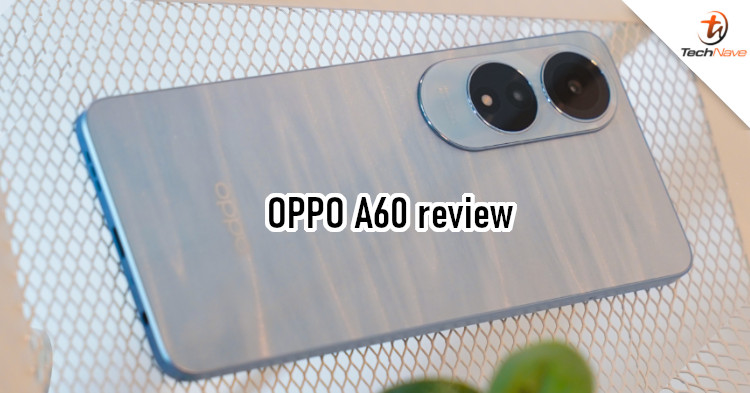
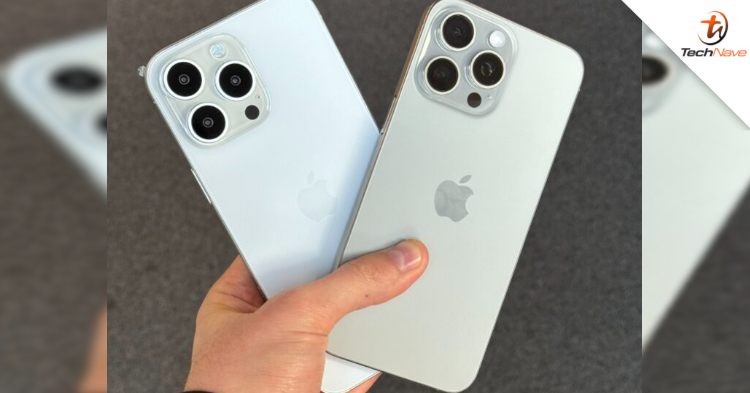

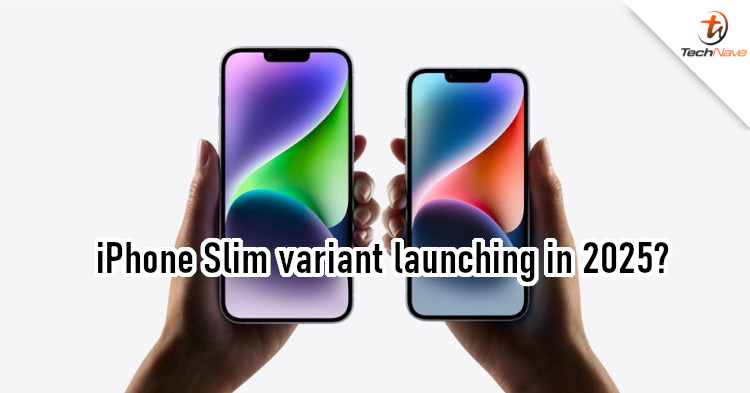

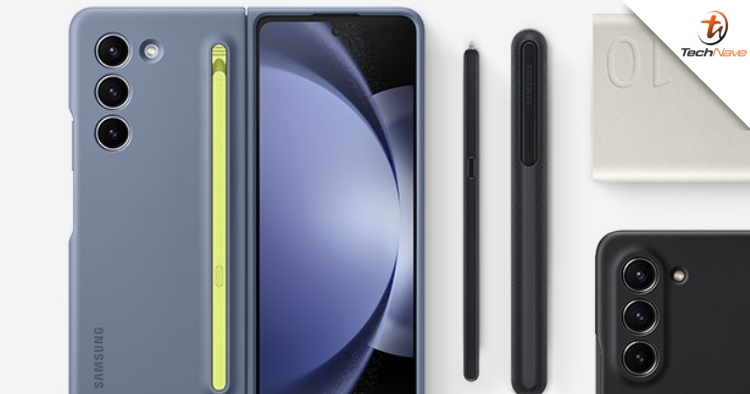

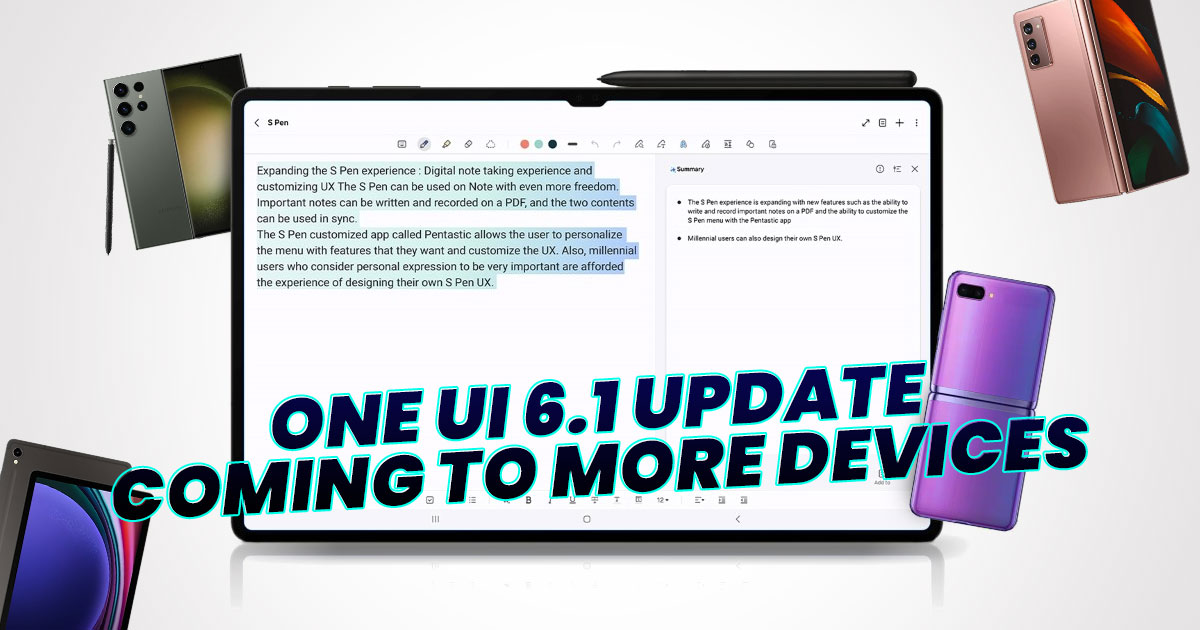


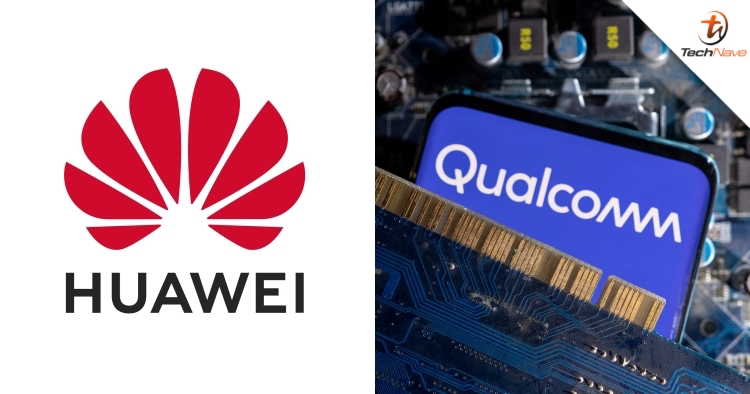
COMMENTS